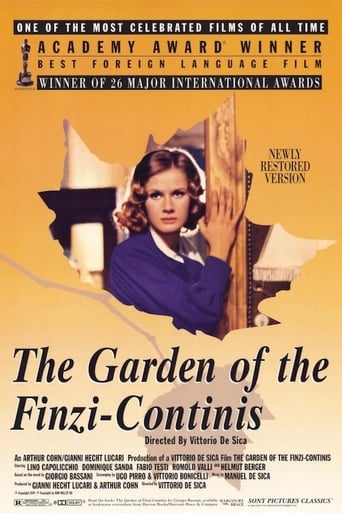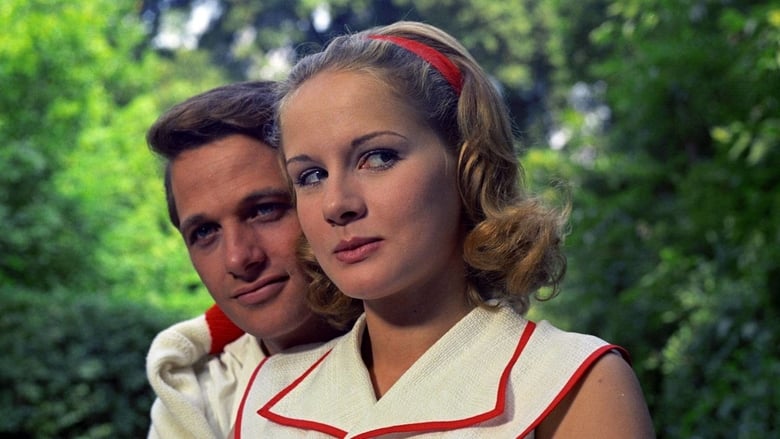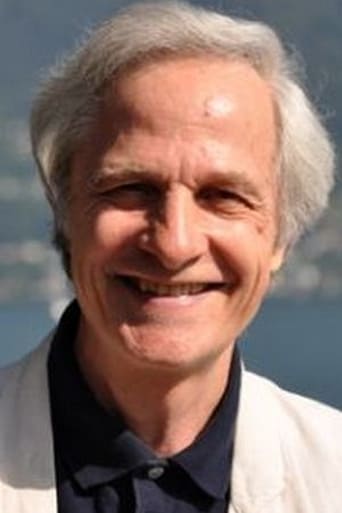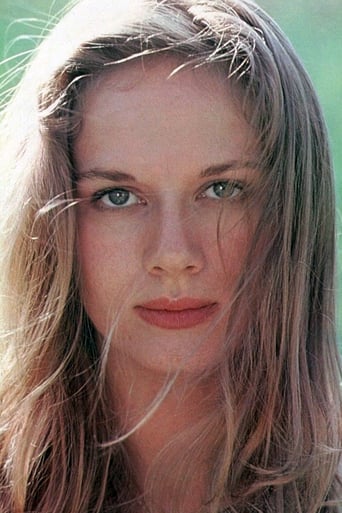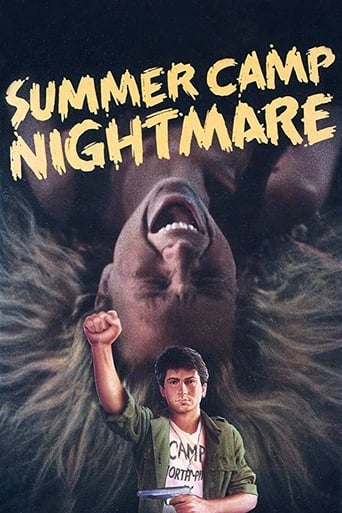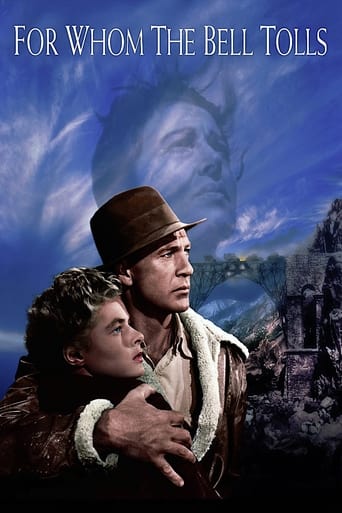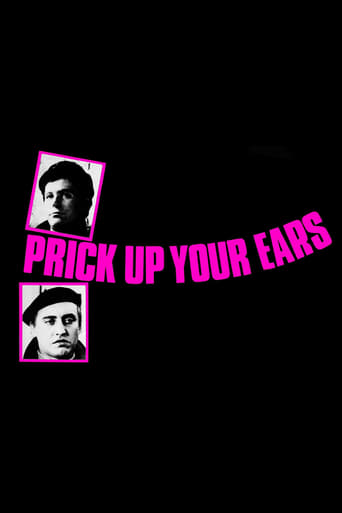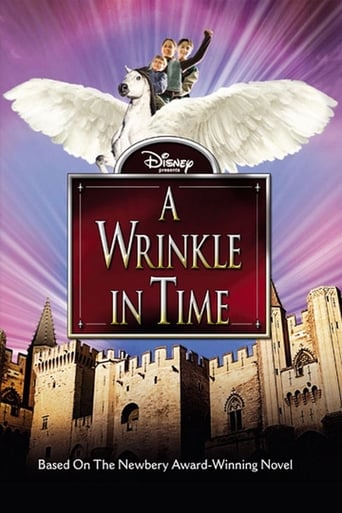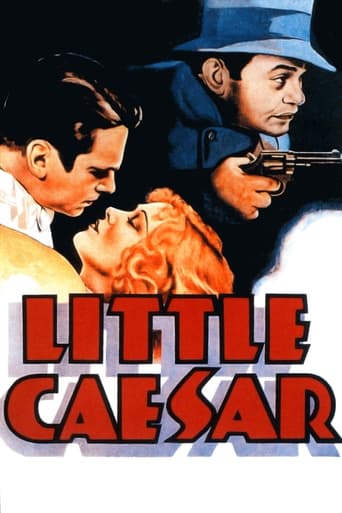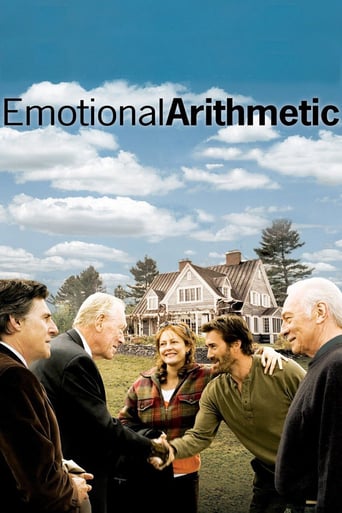The Garden of the Finzi-Continis (1971)
In late 1930s Ferrara, Italy, the Finzi-Continis are a leading family: wealthy, aristocratic, and urbane; they are also Jewish. Their adult children, Micol and Alberto, gather a diverse circle of friends for tennis and parties at their villa with its lovely grounds, and try to keep the rest of the world at bay. But tensions between them all grow as anti-Semitism rises in Fascist Italy, and even the Finzi-Continis will have to confront the Holocaust.
Watch Trailer
Cast


Similar titles
Reviews
Pretty Good
As Good As It Gets
It's hard to see any effort in the film. There's no comedy to speak of, no real drama and, worst of all.
The acting in this movie is really good.
In the late 1930s, in Ferrara, Italy, the Finzi-Contini are one of the leading families, wealthy, aristocratic, urbane; they are also Jewish. Their adult children, Micol and Alberto, gather a circle of friends for constant rounds of tennis and parties at their villa with its lovely grounds, keeping the rest of the world at bay. Into the circle steps Giorgio, a Jew from the middle class who falls in love with Micol."The Garden of the Finzi-Continis" won the Academy Award for Best Foreign Language Film and was nominated for Best Screenplay Based on Material from Another Medium. It won the Golden Bear at the 21st Berlin International Film Festival in 1971. It is considered de Sica's penultimate film, though this depends on how you count.The film itself is very beautiful, and the quality would make me think 1980s more than 1970. Italian cinema tends to be behind American cinema in technology, and I am quite impressed with what they were able to achieve here. It really is something of a masterpiece in the look. The characters are well fleshed-out, and I am not surprised that some of the actors went on to bigger things (e.g. Helmut Berger).One thing that strikes me as interesting today (2017) is how films around the Holocaust have been consistently successful in awards season. This was almost 50 years ago, and today we still get the Holocaust film again and again. That is not a criticism of the filmmakers. There is no story more powerful in the last 100 years. It just strikes me as interesting how film has chosen that as the nexus, the focal point. You might think American films would try to pivot to 9/11 (admittedly a far, far smaller event), but this has not really happened.
A stunner. Vittorio De Sica's late career masterpiece exposes the hopeless plight a lot of Italian Jews faced as the lunatic Mussolini got further and further into bed with Hitler during WWII. The Finzi-Continis, a well-to-do family of intellectuals fail to realize the rising tide of anti-semitism around them as their vast estate becomes more and more a sanctuary for their equally blind friends. Unrequited love and missed chances at romance are dwarfed in importance as the Nazis move in. This is a very unsettling movie as you're well aware of what is going to happen to these people. De Sica (and five or six uncredited scriptwriters) creates a real sense of dread and the film is populated with an excellent cast. Lino Capolicchio is the standout, hopelessly in love with Finzi-Contini débutante Dominique Sanda. As Sanda's infirm brother, Helmut Berger personifies an entire race of people about to be systematically eliminated. Fabio Testi and Romolo Valli (excellent as Capolicchio's grotesquely optimistic father) are in it too.
The film, to me, is about survival of one's identity. Micol identifies with her childhood and could not let go of it in relation to her childhood sweetheart, Georgio, even while her physical desires develop and intrude. The conflict in her mind is exposed by her enticing Georgio but turning cold when he makes the moves on her. She said she could not breath. Similar to what happened to the Jews of Italy, they were drawn in by their identity. For the Italian Jews, they identified with the Italian civilization, thinking they were a part of it. Georgio identifies with Micol. As the Jews were slowly extracted from theirs, they kept on with those early ideas. Same with Georgio, he kept on with pursuing her. Then finally when he saw she had sex with someone completely different from him and her---and she even turns the light on to show him---he snaps out of it. He finally grasps the physial reality of the situation. The process is just as his father says: better you die (your relationship with Micol, your identity as being part of her world and visa versa) young and hence you have more time to start from zero. And for the Jews: better your notions of being part of the civility of Italian society die early so you have time to rebuild elsewhere.The others in the garden didn't die in time and so became unwilling prisoners, in contrast to their voluntary enprisonment behind the walls of their own estate. Once in prison, Micol finally behaves as a responsible, caring adult, but alas, too late.Prior to that, while in France, Georgio was told of the Nazi horrors and how one man escapes by shedding his identity and saying he has converted to Nazism. Georgio says he won't escape because he had too many ties back in Italy. His identity then was bound to the fantasy of the Jews in the garden, even though his realistic father says they are not his type.Survival of one's identity has been the cause of much suffering when outside, physical, uncontrollable reality intrudes. Unfortunately, the identity we construct in order to feel a sense of belonging which gives us a sense of power, often subtracts from a balanced, caring, and even civilized way. As a result, religious, nationalist conflicts have caused too much suffering to justify the gains offered by these simple-minded (childish?) views.
I first heard a radio adaptation from the Garden of the Finzi Contini and afer that read the book. I thought it would be difficult to make an adaptation to cinema. Indeed, the book is above all psychological (or romantic in the literary meaning of the 19th century)i.e the narrator describing his inner world and his sufferings...However, Vittorio de Sica succeeded in expressing this without using monologue, without making a too slow picture... The music is very good too... the images are wonderful...I must correct some commentaries Malnate, Micol's lover is not a fascist but a communist... There is also a difference with the book : in the book we do not know for sure that Micol and Malnate were lovers, it is an assumption whereas it is an evidence in the film...In spite of this differences, this picture deserves a 10 out of 10!

